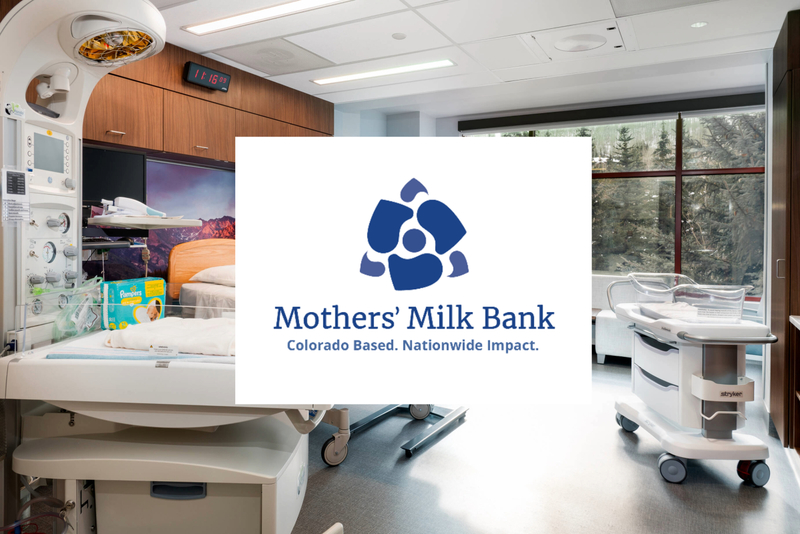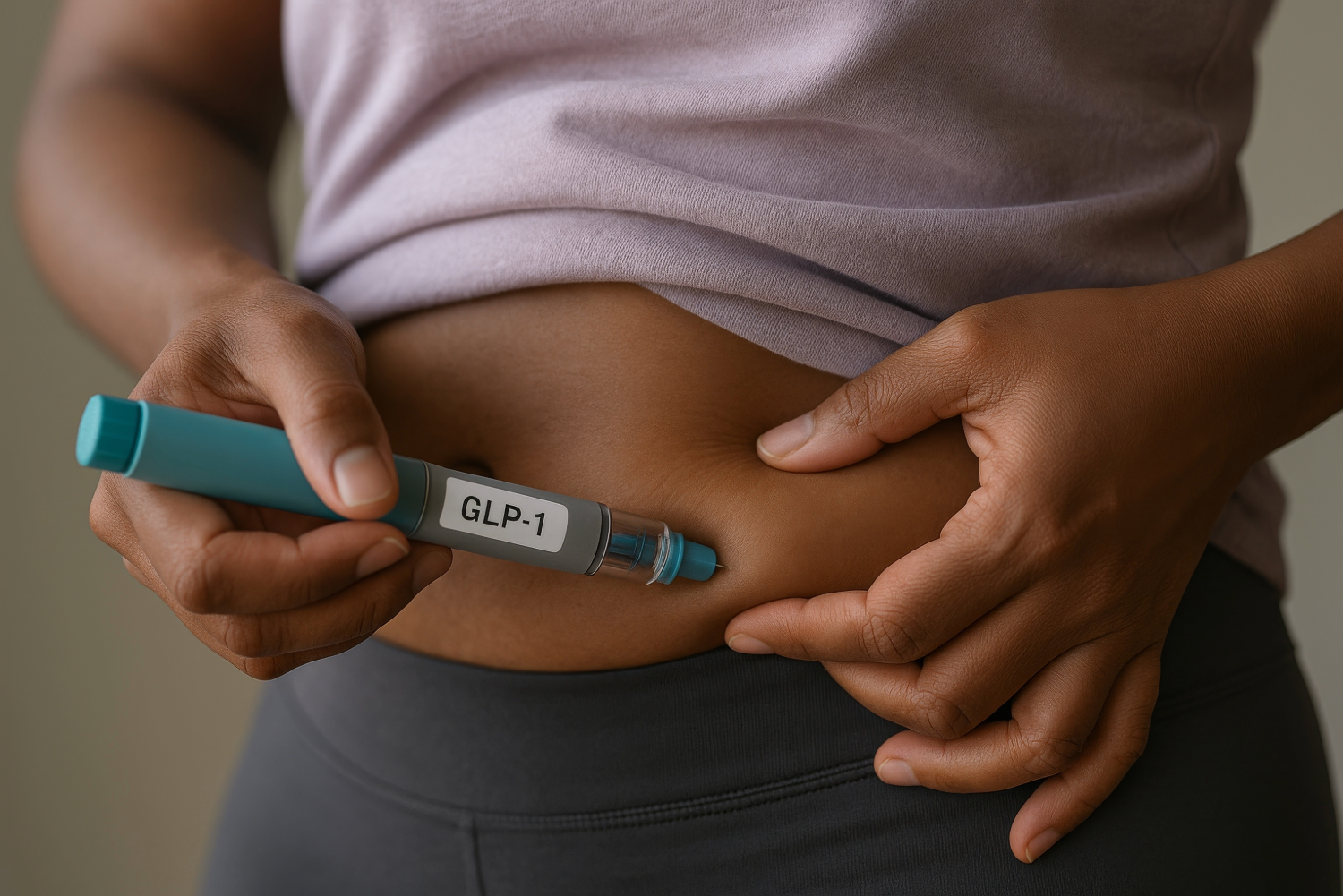News
Vail Health hospital Opens Milk Depot at Family Birth Center

Depot Provides Convenient Option for Breastfeeding Parents to Donate Excess Milk
Vail Health Hospital’s Family Birth Center, in partnership with Mothers’ Milk Bank (MMB), is opening a local milk depot to help increase access to donor human milk by making it easy and convenient for breastfeeding parents to donate their excess milk for families and babies in need. Vail Health will host a community celebration of the new partnership on June 20, 2024, from 3-5 p.m. in the main lobby of Vail Health Hospital. Information regarding the program will be provided and representatives from Mothers’ Milk Bank will be present to answer any questions from the public.
“On behalf of Vail Health, we are proud to support women in our community that are able to donate to other families and babies in need of breast milk,” said Elizabeth McDaniel, Director of the Vail Health Family Birth Center. “Living in a mountain area, there have been barriers to donation, including donors having to leave the valley to participate in the donor approval process and then shipping the milk themselves. This designation helps eliminate those barriers and makes donating more accessible for women in our mountain community.”
Milk dropped off at Vail Health’s Family Birth Center is shipped to MMB in Arvada for processing. A program of Rocky Mountain Children’s Health Foundation, MMB has provided donor human milk to babies nationwide for 40 years. The majority of MMB’s milk goes to neonatal intensive care units (NICUS) to feed the most fragile babies. The remaining milk, about 10 to 20%, is made available to outpatient families who need additional supplementation or who don’t have access to human milk directly, as often happens in cases of surrogacy or adoption. For parents who decide to breastfeed, it is normal to experience a delay as their milk comes in. Donor human milk can provide a “bridge” for babies during this time and help protect them from illness and infection while keeping their bellies full.
“We are grateful to our donors for sharing this valuable and lifesaving gift,” says Rebecca Heinrich, director of MMB. “Once a potential donor has been screened and approved, we try to make donating milk as easy as possible, and milk depots like the new one at Vail Health Hospital provide a convenient place for donors to drop off milk right in their community.”
In addition to serving as drop-off locations, depots support donors by storing milk, preparing shipments to MMB, and in some instances, drawing blood for the screening process. They also serve as a critical partner in helping spread the word about milk donation.
MMB typically works with 150 to 200 donors per month, including about 100 new donors each month. In the first two quarters of 2024, MMB has received 260,206 ounces of donor human milk from 487 donors and distributed 214,630 ounces to hospitals and families.
There is always a need for more generous milk donors, as fragile infants are born every day and donors are only eligible until their baby is 24 months old. Healthy lactating parents with extra breast milk who are interested in learning more about how to donate can contact MMB at 303.869.1888 or visit milkbankcolorado.org.
About Vail Health Hospital:
With a focus on providing access to higher quality, more affordable care, Vail Health is a nonprofit community health care system offering one of the world’s most advanced mountain hospitals. Vail Health includes award-winning oncology care and a state-of-the-art cardiac catheterization lab, as well as internationally renowned orthopaedic specialists led by The Steadman Clinic and Vail-Summit Orthopaedics & Neurosurgery. Primary, specialty and behavioral health care are provided through its partner, Colorado Mountain Medical. Vail Health is committed to meeting the growing and ever-changing needs of the diverse region and encouraging wellness and prevention through effective population health management. Vail Health is locally operated and governed by a volunteer board of directors.
About Mothers’ Milk Bank:
A nonprofit program of Rocky Mountain Children’s Health Foundation, Mothers' Milk Bank (MMB) collects, processes, analyzes and provides pasteurized donor human milk to babies across the country. Babies who receive donor human milk are often premature or have severe illnesses and need human milk to thrive. The milk bank, located in Arvada, Colorado, is the nation’s second oldest nonprofit milk bank and consistently one of the largest sources for donor human milk for hospitals across the nation. In addition, the bank adheres to the strict guidelines of the Human Milk Banking Association of North America, HMBANA. For more information visit milkbankcolorado.org.
About Rocky Mountain Children’s Health Foundation:
Throughout the year, Rocky Mountain Children’s Health Foundation provides critical support to more than 10,000 pediatric patients and their families. In partnership with hospitals and medical professionals, including hospitals like Rocky Mountain Hospital for Children, we provide the financial, nutritional, and emotional support that pediatric patients and their families need to meet their essential needs. Because when we do, they can focus on what really matters: being there for their child.
More News
-
New!
More

The Heart of It All: How Cardiovascular Health Shapes Longevity
Most of us know a healthy heart will increase our chances for a long and vital life, but how many of us truly understand how to live for a healthy heart? According to the American Heart Association, heart disease remains the number one cause of death, for both men and women, in the United States.
-
New!
More

GLP-1s and Your Health Journey: What You Need to Know
Interest in GLP-1 agonist medications, once used almost exclusively for diabetes, is soaring. Now widely referred to as weight loss injections, drugs like semaglutide (Ozempic, Wegovy) and tirzepatide (Mounjaro, Zepbound) are ubiquitous in celebrity chatter, social media and everyday patient conversations. But as demand grows, it’s increasingly important to separate hype from reality. Who qualifies for these drugs under FDA guidelines? When are they helpful? And when might carefully supported lifestyle changes offer a safer or more sustainable path?
-
New!
More

Back on the Slopes: How to Recover Physically and Mentally After a Ski or Snowboard Injury
Living in a ski town, injury is inevitable. Recovery isn’t just about regaining strength, it’s about building trust in your body. The best path back to skiing blends physical training with mental conditioning, patience with persistence. With the expert teams at Vail Health - from Howard Head Sports Medicine to Vail Health Behavioral Health - recovery is more than healing; it’s coming back stronger, smarter and more confident than before.





